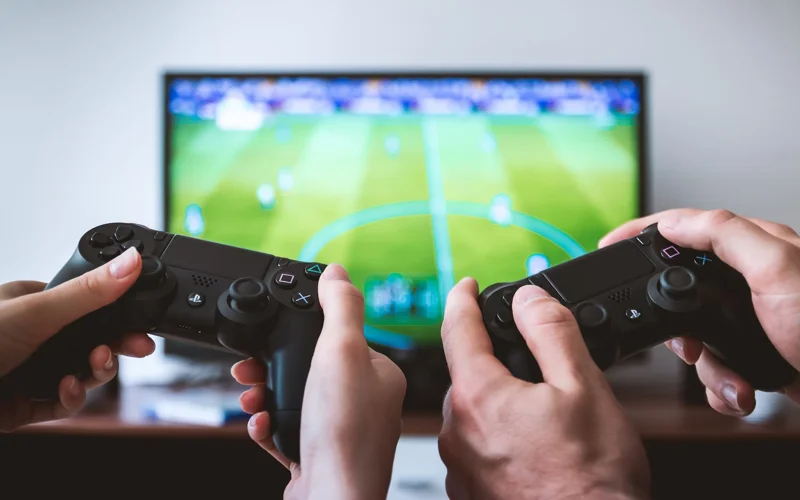Video games reduce stress levels, even when players feel the opposite – new study

In the experiment, participants played the action-adventure game A Plague Tale: Requiem after undergoing a stress-inducing procedure known as the Socially Evaluated Cold Pressor Test (SECPT). During this test, participants were asked to keep their non-dominant hand in ice-cold water (around 4°C) for three minutes without knowing in advance how long it would last — a method widely used to trigger both physiological and psychological stress responses.
The study involved 82 people aged 18 to 40, most of whom were regular gamers. Forty-two participants were female. On average, they played video games for 4–5 hours per week, with only three reporting no prior gaming experience.
After the stress test, participants were divided into two groups. One played violent scenes from A Plague Tale: Requiem, while the other played non-violent passages from the same game. Each session lasted about 25 minutes. Throughout the experiment, researchers measured heart rate, cortisol levels (a key stress hormone), and participants’ self-reported feelings of tension or relaxation.
The results were paradoxical: physiological indicators of stress (heart rate and cortisol levels) decreased in all participants after the gaming session, regardless of whether they played violent or non-violent scenes. However, their subjective experiences differed. Those who played the violent parts reported feeling more stressed and less relaxed compared to those who played the calmer scenes.
The researchers suggest this disconnect between objective and subjective data may stem from how players perceive game content. Violent scenes were viewed as more challenging and emotionally intense, even though their bodies were already beginning to recover from the initial stress.
The study supports what millions of gamers have long claimed: video games can help relieve stress. Recent surveys show that around 89% of gamers see gaming as a way to relax and regain a sense of control, an effect especially important in times of uncertainty or anxiety.
However, the researchers note that the impact of video games can be double-edged. Excessive gaming, particularly when it disrupts sleep, social life, or responsibilities, can actually increase stress. Online gaming environments can also become sources of additional tension, such as exposure to toxic behavior or cyberbullying.
While this study sheds light on the potential of video games as a stress-relief tool, it focused on only one game. The effects of other genres and scenarios may differ, highlighting the need for further research to determine how universal these findings are.
Earlier, it was reported that reading has shown remarkable potential in easing loneliness and supporting mental health.

